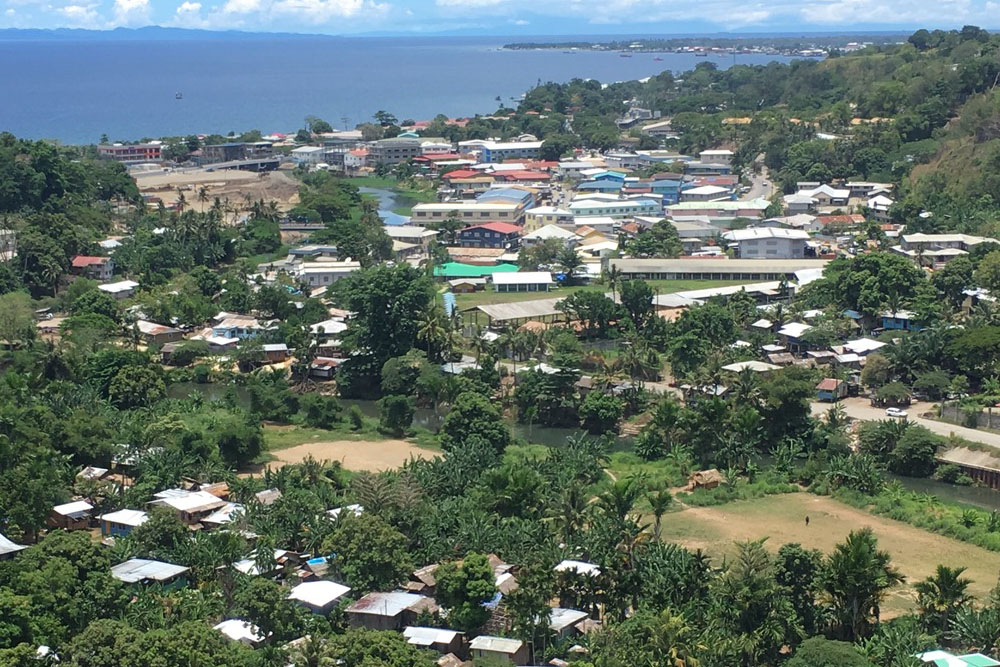Moore, Paul, Jr.
- Date of birth:
- November 15th, 1919 (Morristown/New Jersey, United States)
- Date of death:
- May 1st, 2003 (Greenwich Village/New York City, New York, United States)
- Service number:
- 0-8836
- Nationality:
- American (1776 - present, Republic)
Biography
Paul joined the Marine Corps in 1941. As a platoon leader of the 1st Marine Division in the Tulagi-Guadalcanal operation of 1942, he was seriously wounded. Later he served as officer in charge of the marine V-12 program at the University of Washington Command and Staff School and as company commander and operations officer at Guam. He left the service in the rank of Captain. He earned numerous awards for merit during battle. His memoir "Presences: A Bishop's Life in the City" has an excellent description of the Matanikau river battles, during which he was wounded.
After the war, Moore was ordained as priest at Episcopal Church in December 1949 and ended up being the thirteenth bishop of New York from 23 September 1972.
Do you have more information about this person? Inform us!
- Period:
- Second World War (1939-1945)
- Rank:
- Second Lieutenant
- Unit:
- Company G, 2nd Battalion, 5th Marine Regiment, 1st Marine Division "The Old Breed", U.S. Marine Corps
- Awarded on:
- August 5th, 1943
SPOT AWARD: Serial 721
- Period:
- Second World War (1939-1945)
- Period:
- Second World War (1939-1945)
Sources
- - Recipients of The Navy Cross, 1916 - Present, by C. Douglas Sterner
- Paul Moore - Recipient -
- Episcopal Bishop Paul Moore Jr., 83, Dies; Strong Voice on Social and Political Issues - The New York Times
- Moore, P. (1997). Presences: A Bishop's Life in the City






